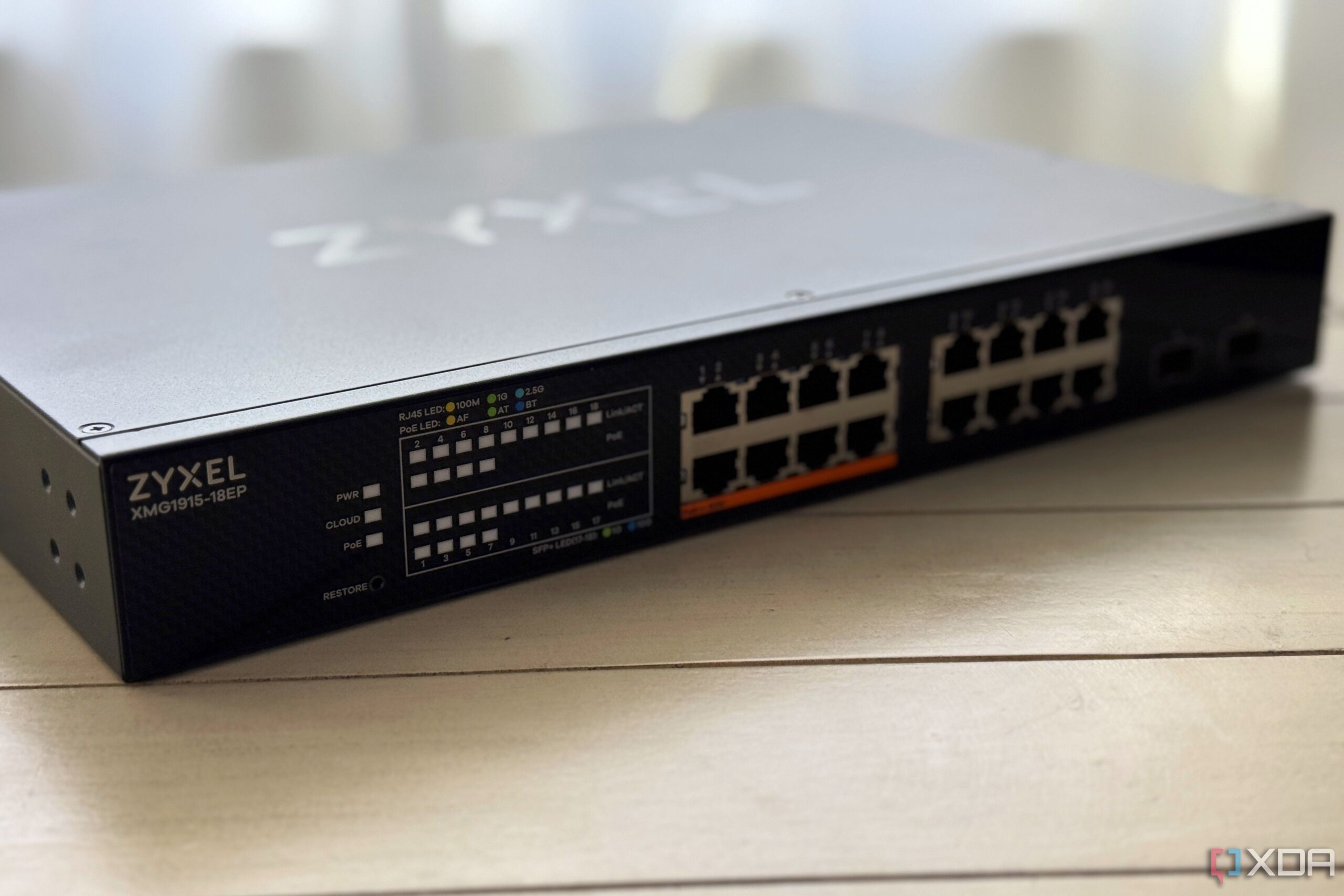Top Stories
Urgent Warning: Avoid Copper-Clad Aluminum Cables in PoE Networks

URGENT UPDATE: A critical warning has emerged for homeowners and installers switching to Power-over-Ethernet (PoE) networks. Experts are emphasizing the dangers of using copper-clad aluminum (CCA) cabling, which poses significant safety hazards and legal risks.
As the demand for smart home technology surges, 95W PoE devices, such as high-performance access points and cameras, are becoming commonplace. However, the use of subpar cabling can lead to severe overheating and even fire risks. Authorities highlight that CCA cables, which are commonly marketed but fail to meet modern safety standards, should be avoided at all costs.
The quality of network cables is paramount. With the rising costs of installation—including cables, tools, and labor—it’s tempting to cut corners. But experts insist that skimping on cabling can lead to catastrophic failures. CCA cables have been found to have 55% more electrical resistance than pure copper, significantly increasing the risk of overheating.
“Copper-clad aluminum cables are prohibited in many buildings due to their dangerous characteristics,”
warned a representative from UL, a leading safety certification organization. These cables lack essential flame-retardant properties and can cause toxic smoke during a fire.
Homeowners and contractors alike are urged to scrutinize their cable purchases. High-quality pure copper cables are a known commodity, consistently meeting safety standards. If you find a deal that seems too good to be true, it likely is. Experts advise against purchasing cheaper Cat6a cables, as they may be counterfeit or constructed with substandard materials.
Recent data from the Institute of Electrical and Electronics Engineers (IEEE) indicates that the new PoE standards require cables that can handle increased wattage and heat. This shift means that using CCA cables not only endangers equipment but also puts lives at risk.
The risks of using CCA cables extend beyond overheating. Imbalances in current can distort data signals, resulting in network failures and costly troubleshooting. Given that the installation process is time-consuming and expensive, selecting quality cables from the outset is crucial.
Experts recommend familiarizing yourself with the characteristics of high-quality cabling and avoiding CCA at all costs. With the rise of smart devices in homes, the implications for safety and network reliability are more pressing than ever.
As of today, October 23, 2023, if you’re planning to upgrade your home network, ensure you use only verified pure copper cabling to protect both your investment and your safety. The message is clear: Don’t compromise on your home network infrastructure. Choose safety, choose quality, and avoid CCA cables that could lead to devastating consequences.
Stay informed and share this vital information to keep your community safe!
-

 Science2 weeks ago
Science2 weeks agoIROS 2025 to Showcase Cutting-Edge Robotics Innovations in China
-

 Politics2 weeks ago
Politics2 weeks agoJudge Considers Dismissal of Chelsea Housing Case Citing AI Flaws
-

 World2 weeks ago
World2 weeks agoBravo Company Veterans Honored with Bronze Medals After 56 Years
-

 Lifestyle2 weeks ago
Lifestyle2 weeks agoStone Island’s Logo Worn by Extremists Sparks Brand Dilemma
-

 Health2 weeks ago
Health2 weeks agoStartup Liberate Bio Secures $31 Million for Next-Gen Therapies
-

 Top Stories2 weeks ago
Top Stories2 weeks agoIndonesia Suspends 27,000 Bank Accounts in Online Gambling Crackdown
-

 Sports2 weeks ago
Sports2 weeks agoMel Kiper Jr. Reveals Top 25 Prospects for 2026 NFL Draft
-

 Health2 weeks ago
Health2 weeks agoTop Hyaluronic Acid Serums for Radiant Skin in 2025
-

 World2 weeks ago
World2 weeks agoHoneywell Predicts Record Demand for Business Jets Over Next Decade
-

 Sports2 weeks ago
Sports2 weeks agoYamamoto’s Mastery Leads Dodgers to 5-1 Victory in NLCS Game 2
-

 Politics2 weeks ago
Politics2 weeks agoNew Jersey Voters Urged to Register Ahead of November Election
-

 Lifestyle2 weeks ago
Lifestyle2 weeks agoMary Morgan Jackson Crowned Little Miss National Peanut Festival 2025









